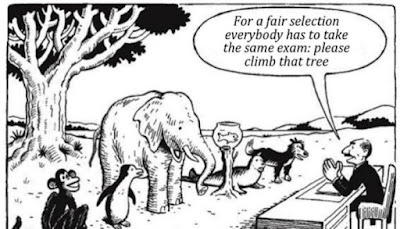Moo | What do cows think of anyway?
Cows. They spend 23 hours of their day looking fixedly at their surroundings. They're born hard-wired with the very basic necessities of life; they understand they need food (1) to stay strong, reproduce to prevent their species from extinction (2) , poop to keep their insides clean (3) and sleep to be able to walk and chew food the next day (4) . They have the very basic emotions; fight or flight; they know they can scare flies, and know they must run away from lions and tigers (5) . Lastly, they have the super-power to ward of harmless flies with their tails only if they desire to . Beyond that, they confidently occupy the roads of the nation sitting in the middle, I repeat, the middle of the streets, constructing a reality like ours in an alternative universe by warping time and space under the influence of different dimensions, creating spheres and circles with constants other than Pi, processing thoughts of millions in a parallelized manner, creating models for learning t

